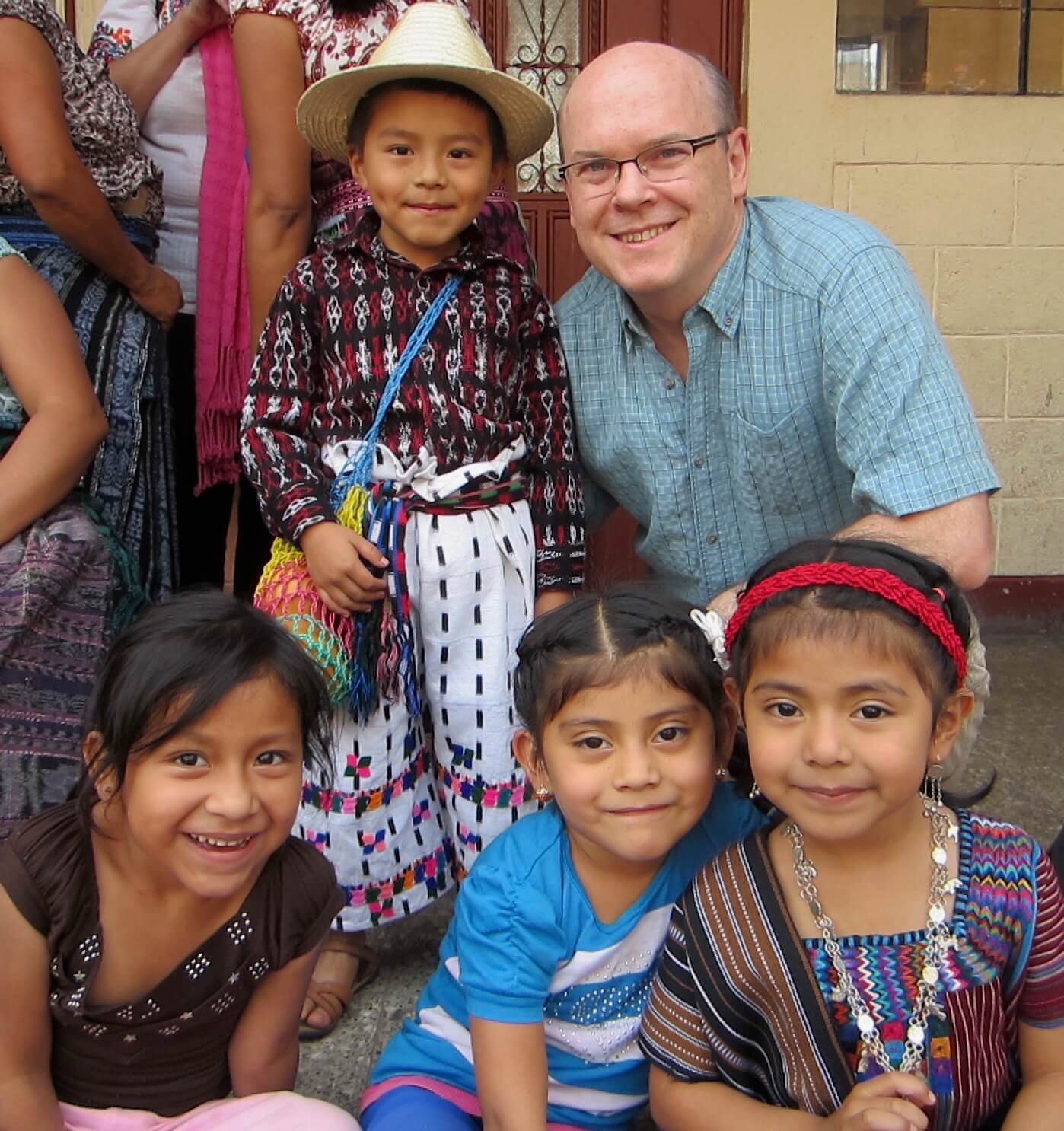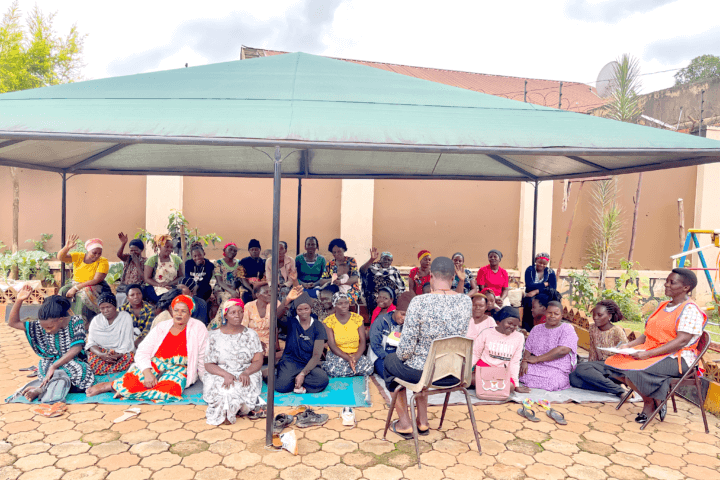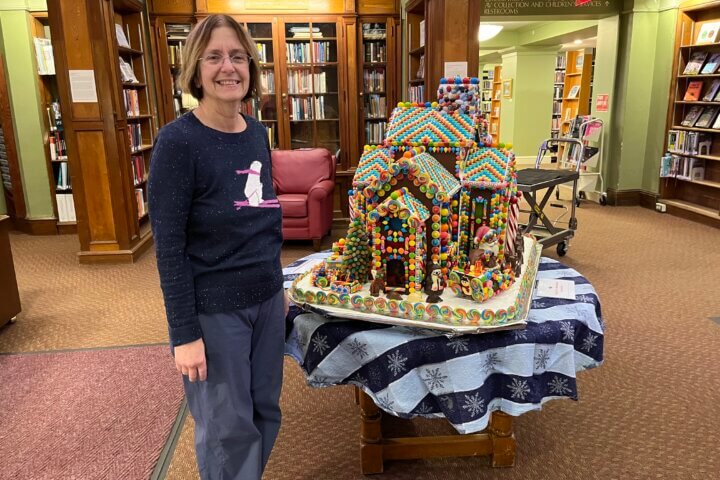When Concord residents Rob Hoyt and Molly King adopted their daughter, Cela, from Guatemala in 2006, they knew their lives would change forever. Not only did their daughter capture their hearts, but so did the country and the spirit of its indigenous people.
For more than a decade, Hoyt and King have been working with Mil Milagros, a Somerville-based nonprofit, to advance its mission of developing the leadership skills of rural Mayan women so they can drive education and change within their own communities.
“It’s something I’m passionate about,” said Hoyt, a semi-retired management consultant.
“This is the one thing I’ve done with my life where you don’t question whether you’ve made an impact. There is no question [of] the benefit of this program,” he said. “Being involved has been very fulfilling.”
Mil Milagros, which translates to “a thousand miracles,” runs programs in the Santa Lucía Utatlán region of western Guatemala, identifying female leaders and training indigenous Mayan women in literacy and education, hygiene and health, and civic engagement and leadership.
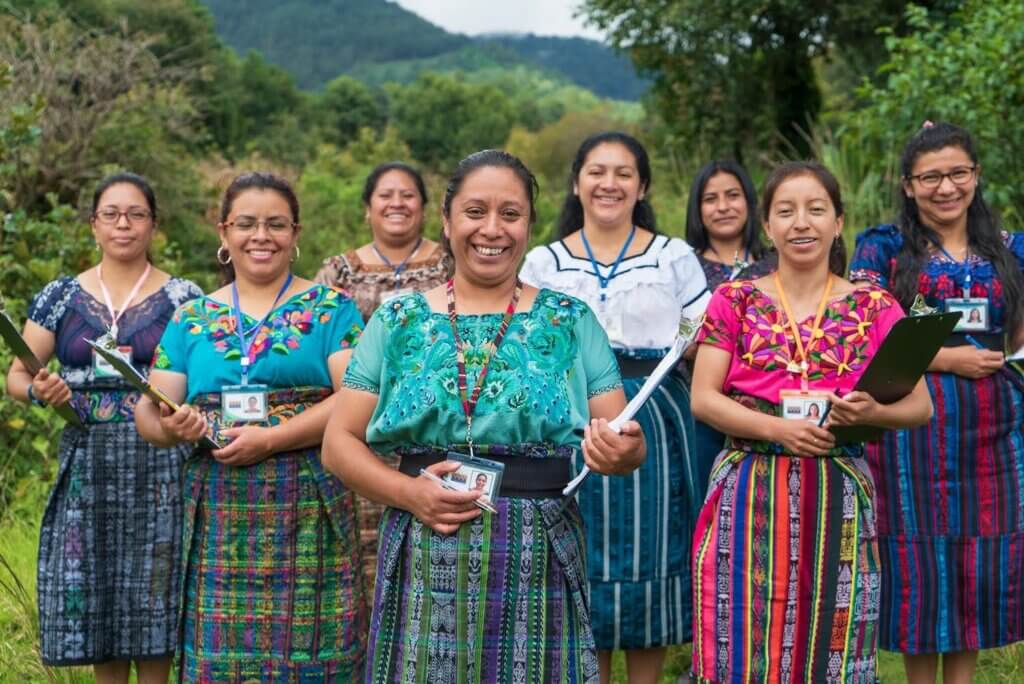
In that rural area, privation and struggle are evident: According to Mil Milagros, 70% of children are malnourished; 80% of indigenous people live in poverty. Guatemala also has one of the lowest literacy rates in the Western Hemisphere, according to the organization.
Hoyt, who’s been on the Mil Milagros board since 2012, has helped shape its programs and goals. King, a retired high school Spanish teacher, runs the group’s artisan program.
They and their daughter, Cela — a 17-year-old rising senior at Lawrence Academy — have traveled to Guatemala several times.
There, King meets with indigenous Mayan women and buys their work — including scarves, shawls, table runners, ornaments and leather textiles — to be sold at small events in the U.S. to raise money and awareness for Mil Milagros and its programs.
“I was so blown away by the handcrafts, the gorgeous textiles,” King said. “I was fascinated, too, by these women using the same techniques and practices their Mayan ancestors used.”
Mil Milagros was founded in 2007 by children’s advocate Margaret Blood. The organization started out as a school food program to encourage both school attendance and good nutrition among rural Guatemalan youth. The Mil Milagros board then realized that by teaching leadership skills to women in poverty-stricken communities, their efforts could be more impactful and widespread.
Hoyt and King met Blood through a mutual friend and were immediately taken with the organization’s cause.
“The indigenous population has been left on their own, and there isn’t a lot of support,” said King. “You see the strength and potential of the women. They’ve had such a rough time of it, and yet they persevere. They want the best for their children and their communities.”
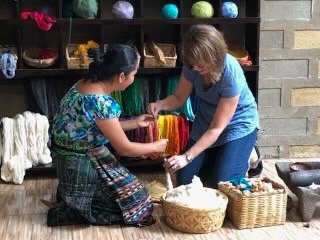
Mil Milagros runs programs for mothers, grandmothers and caregivers to learn about education, health and civic engagement. Some of the women then become “mother leaders” who facilitate continued learning and leadership in their communities.
“It had to be a partnership, not a handout,” said Hoyt. “We’re empowering women to be engines of change in their local community.”
More than 1,600 women have been trained as leaders, with 18 hired as full-time staff, according to Mil Milagros. More than 1,200 children have completed the sixth grade. The organization has also ensured that schools in the area have access to hygiene supplies and clean drinking water. More than 300 women have completed a 12-week parenting course, and the organization says it has seen a seven percent drop in malnutrition since 2021.
“We intentionally didn’t want a transactional aid model,” Hoyt said. “We can get even more dramatic change by fostering leadership within their communities — making sure children are healthy and creating a healthier and more capable community.”
One of things Hoyt said he is most proud of is helping develop programs that can be sustained by the local women, so change and growth can continue independently of outside involvement.
“I’m personally pretty passionate about stories of people doing small things and having a big impact,” Hoyt said. “We’re trying to change things from within by harnessing what’s inside people, including people who are very marginalized in their community. Mayan women are the most marginalized.”
During the pandemic, when people weren’t allowed to travel from town to town, Mayan women spearheaded an effort to make videos on literacy, hygiene and nutrition so their programs could continue reaching people.
The videos were “wildly popular,” said Hoyt — even making it onto local television channels. Mil Milagros estimates more than 30,000 people have viewed the local leaders’ tutorials.
King says she hopes the organization can be a model for other groups battling poverty around the world. She also hopes that spreading the word about Mil Milagros will get more people connected to the cause in Concord — and beyond.
“These are people who have it so rough and have suffered so much,” she said. “Together we can improve the conditions in their home communities.”
To learn more about Mil Milagros, visit www.milmilagros.org, or watch a documentary about the organization’s work at https://www.youtube.com/watch?v=c6jD2ubLrRs&t=119s


